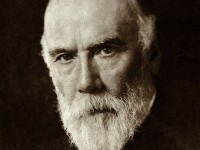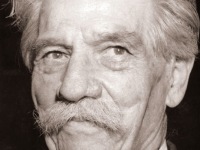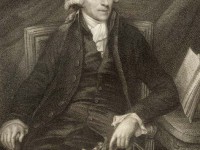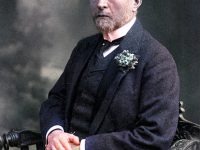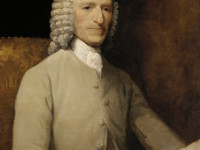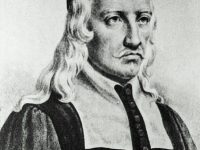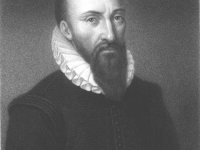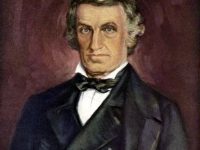Sir James Mackenzie and the Study of Cardiac Arrhythmias
On April 12, 1853, Scottish cardiologist Sir James Mackenzie was born. A pioneer in the study of cardiac arrhythmias, he was first to make simultaneous records of the arterial and venous pulses to evaluate the condition of the heart, a procedure that laid the foundation for much future research. James Mackenzie – Early Years Born at Pictonhill in Scone Scotland, where his father was a farmer, James Mackenzie was apprenticed to a chemist when…
Read more

